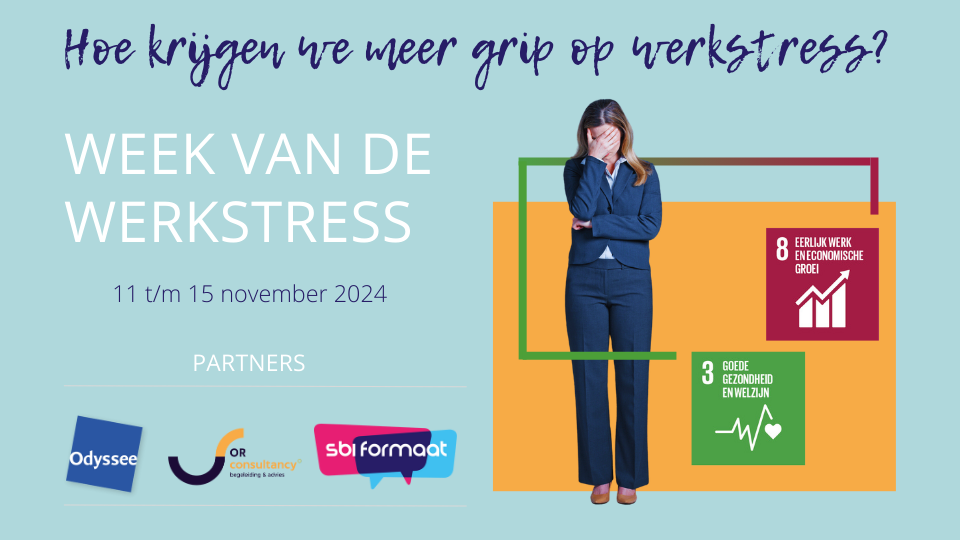The possible role of the EWC in the current crisis

Over the last weeks, many EWCs have started to discuss the consequences the current COVID-19 crisis. Still, other EWCs are not involved in how the company is dealing with this crisis and not many are being consulted. Off course, at this moment it is impossible to have face-to-face meetings, but the technological tools are available to provide for alternative ways of meeting, however imperfect they are.
Some companies may say they do not need to involve the EWC because in Europe, the COVID-19 crisis strikes some countries harder than others, and because countries apply different degrees of ‘lockdown’. Hence, the answers to the crisis will differ from country to country. Still, the basic extraordinary circumstance is the same everywhere and clearly transnational so this argument is not really valid.
One of the most urgent issues at the moment is to define which employees still need to come to work, and how these can be protected. Within the EWC, employees could exchange experiences in this. Even if a company may have different considerations in different countries, the factors that need to be looked at to make local decisions will be similar. It is important to compare the local decisions and see if possible diverging decisions are based on proper considerations of the health risks. The EWC can try to set minimum standards and create awareness of ‘hidden’ risks and possible solutions.
There is a great need to discuss what is possible in terms of measures and what is wise to do. Retaining employees will be more important to the long-term prospects of the company than any efforts to protect near-term profits. The same is true for keeping smaller subcontractors in business.
Another interesting point to exchange may be best and worst practices in terms of health protection for employees that are forced to continue working.
Some companies have already announced transnational plans to reduce costs, for example in skipping the annual ‘merit increase’ to the extent that this is possible within the legal and CBA framework.
All this shows that there are many important decisions to be made, both local and transnational. Employee reps may be put under pressure to waive their rights to consultation on these issues because of the emergency situation. In general, this should be rejected. In this situation, the input of the employee reps is especially needed: to make these kind of measures really work, to avoid unforeseen consequences, and to make the employees’ health interests key. If management organises this properly, there is no need to assume that consultation will lead to slowing down the implementation of the necessary measures.
We invite you to join an online seminar where will discuss this issue and can share your experiences with other EWC members. This seminar will be in English and will be free of costs.
Please see:
- Digitaal EOR Platform – 17 april, 13:15u. (in Dutch)
- Webinar on the EWC and Covid-19 – 21 April 10.00 – 11.30 h (CET) (in English)
Sjef Stoop, EWC trainer and advisor





